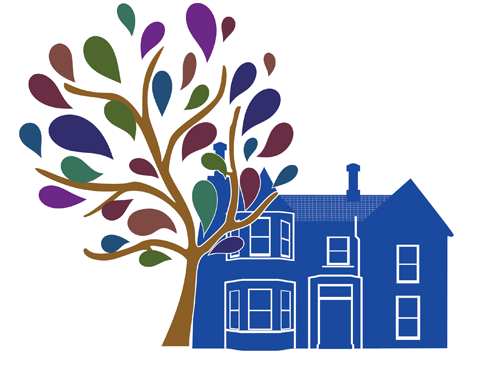We aim to support our young people to understand how the world works and engage with current affairs so that they can play a full and active part in society.
Students are supported to become active and responsible citizens through developing skills of debate, balancing viewpoints and reasoned argument in order to give an opinion on current affairs effectively. The curriculum offers knowledge and experiences of how to live together in a multicultural society, of democracy, government and the law and how they and others can have power and influence on a wide range of issues. Key stage 3 content is taught within a spiral curriculum style as part of PSHCE (see above), this allows topics to be re-visited creating a depth to learning. This structure also allows for content to be carefully matched to contextual understanding and ensures that the contribution it makes continues to grow and develop with our young people. This gives students a base knowledge in these areas to then progress to focus on the GCSE citizenship at Key Stage 4.
KS4
The ‘local to global approach’ means students build on Key Stage 3 study and are introduced to core concepts and how citizenship impacts on their lives before building on this with the introduction of theory and the ‘bigger picture’ as they progress through the course. The course also focuses on the importance of active citizenship so students can engage with topics close to their hearts while they develop skills in research and investigation, problem solving, advocacy and campaigning. Citizenship Studies at GCSE reflects current issues, questions and debates; and therefore students develop knowledge and understanding of the role of citizenship in relation to the political and democratic issues and discourse that impacts on modern society.
Each unit of the GCSE specification is married up to AQA Unit Awards as well as units from the Asdan Short Course in Citizenship. This allows a range of qualifications to be gained.
The topics/content covered are as follows:
|
Year |
Topics Covered |
|
10 |
Law and Justice: Knowledge: to know the aims of punishment and the different types and views on punishments. Make links between the aims of punishments and living conditions in British prisons. Living together in the UK: Knowledge: to know the changing population of the UK and how this impacts mutual respect and understanding. To be aware of identity and the debates surrounding identity in the UK. As well as human and moral rights and how they can be protected. Power and influence: Knowledge: to know how power and influence impacts on current issues such as war and terrorism. To be aware of democracy and the media as well as the UK’s role in the world for resolving conflict and reducing terrorism |
|
11 |
Power and Influence: Part 2: Knowledge: to know how power and influence impacts on current issues such as war and terrorism. To be aware of democracy and the media as well as the UK’s role in the world for resolving conflict and reducing terrorism Citizenship in Action: Knowledge: know how to identify a pertinent issue and how we can make |
|
a difference in society Democracy at work in the UK: Knowledge: know how elections are organised and how we are governed. |
Qualification Pathways
A range of qualifications and pathways are available to pupils.
|
Qualification |
Details |
|
GCSE |
Edexcel Citizenship Studies |
|
Unit Awards |
AQA Unit awards in Citizenship - Entry Level and Level one |
